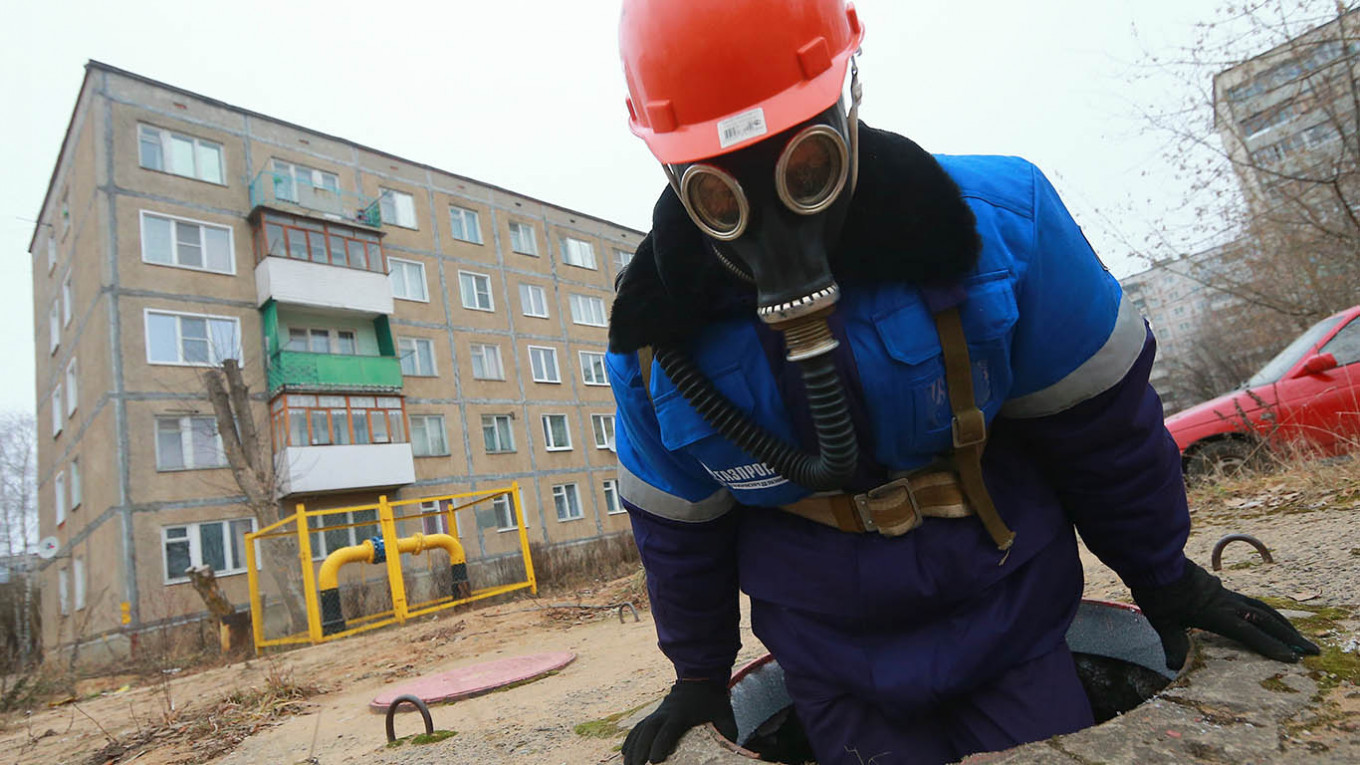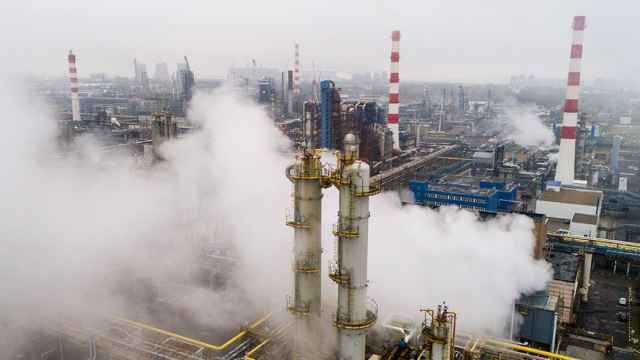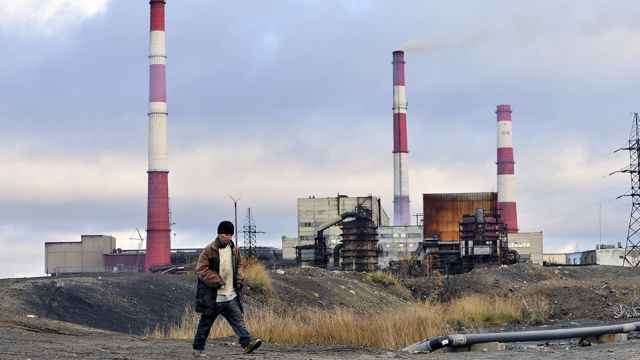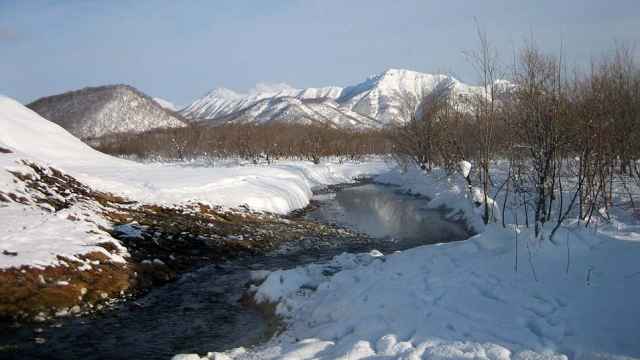Russian gas pipelines emitted more methane, a potent greenhouse gas, in 2020 than the previous year despite a coronavirus-related slump in demand, the European Space Agency has said.
Citing analysis of its satellite images by the data firm Kayrros, the ESA said Thursday that methane emissions increased by 40% despite a 14% drop in Russian gas exports to Europe and a 10% drop in global methane emissions.
The ESA linked the methane emissions to “easily and cost-effectively” avoidable practices during routine maintenance operations.
“The climate footprint of these operational practices is enormous,” said Kayrros president Antoine Rostand, who equated the emissions to 3 million tons of carbon dioxide.
The Kayrros analysis detected 46 large methane emission events along Russian pipelines carrying natural gas into Europe in 2019-2020. Energy analysts attributed the 40% spike in methane emissions from flaring and venting to a drop in energy prices and lack of maintenance during the pandemic, according to the Climate Home News outlet.
The International Energy Agency, which names Russia and the United States as the world’s top emitters of methane in absolute numbers, said global methane emissions dropped 10% in 2020 due to reduced output.
The European Union, the world’s largest gas importer, said last fall it was considering imposing binding methane emissions standards as it aims to cut greenhouse gas emissions to net zero by 2050.
Reuters had named Kayrros’ research part of a growing effort to find the biggest methane leaks through technology.
In addition to leaky pipelines and infrastructure, methane is emitted from unused coal mines and farming.
A Message from The Moscow Times:
Dear readers,
We are facing unprecedented challenges. Russia's Prosecutor General's Office has designated The Moscow Times as an "undesirable" organization, criminalizing our work and putting our staff at risk of prosecution. This follows our earlier unjust labeling as a "foreign agent."
These actions are direct attempts to silence independent journalism in Russia. The authorities claim our work "discredits the decisions of the Russian leadership." We see things differently: we strive to provide accurate, unbiased reporting on Russia.
We, the journalists of The Moscow Times, refuse to be silenced. But to continue our work, we need your help.
Your support, no matter how small, makes a world of difference. If you can, please support us monthly starting from just $2. It's quick to set up, and every contribution makes a significant impact.
By supporting The Moscow Times, you're defending open, independent journalism in the face of repression. Thank you for standing with us.
Remind me later.






